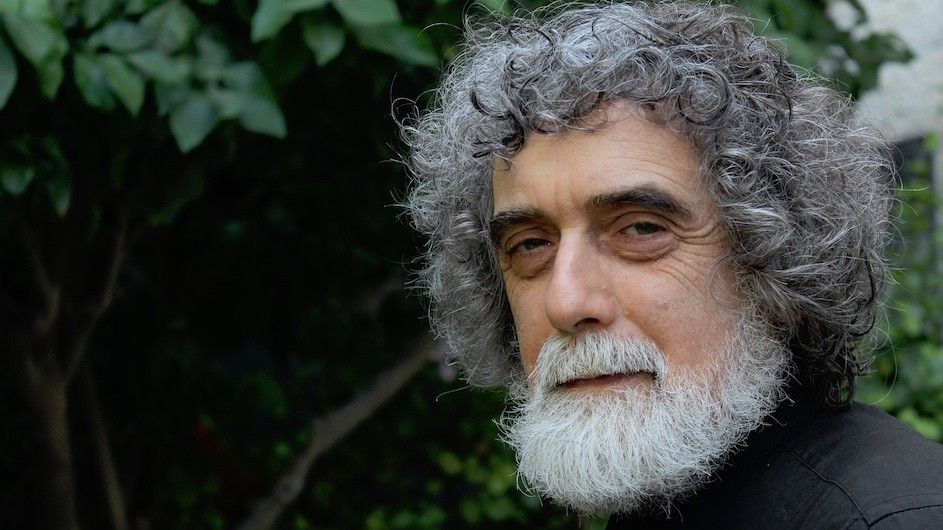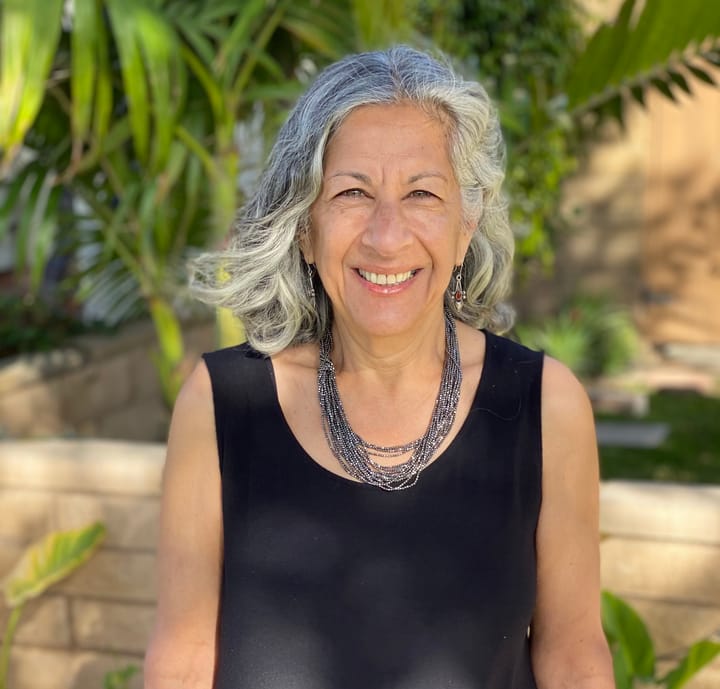Journalist Gershom Gorenberg Discusses Crisis of Israeli Democracy
The Israeli journalist discussed the history of his country’s institutions to trace the roots of its democratic crisis.

On Monday, Israeli journalist and author Gershom Gorenberg delivered a talk titled “Accidental Empire: Settlements, Occupation, and the Crisis of Israeli Democracy,” which linked Israel’s democratic crisis to global threats against liberal democracy.
Gorenberg, a contributing writer for The Atlantic and professor at the Columbia Journalism School who has written extensively on Israeli history, settlements, and political conflicts, argued to a packed Pruyne Lecture Hall that even elected governments — like those of Israeli Prime Minister Benjamin Netanyahu or President Donald Trump — could pose a threat to democratic institutions.
Visiting Assistant Professor of Political Science Nathaniel Shils introduced the talk, emphasizing its significance to understanding present political tensions. “These topics are essential for understanding how things got to where they are today, dynamics unfolding on the ground in real time, and also what kinds of possibilities the future may hold,” Shils said.
Gorenberg traced the historical and political roots of Israel’s democratic crisis, focusing on Netanyahu’s policies. He explained that Netanyahu’s return to power in 2022, despite facing corruption charges since 2019, was enabled by the collapse of the previous governing coalition after its failure to renew emergency regulations that extended Israeli law to settlers in the West Bank, a territory Israel has occupied since the Six-Day War in 1967.
Gorenberg explained that Netanyahu’s government has been marked by attacks on the judiciary system, including attempts to exert control over judicial appointments and replace independent legal advisors with political appointees. “An elected government can threaten the very system that put it in power,” he warned.
According to Gorenberg, crucial factors in understanding this attack on the court and democratic norms include the dissatisfaction with corruption charges against Netanyahu and the occupation of the West Bank by Israeli settlers. This creates two separate legal systems, allowing for Israelis in the region to live under Israeli law, while the Palestinians around them live under the laws of military occupation. According to Gorenberg, since the Israeli Supreme Court chose to accept petitions against executive actions by Palestinian residents of the occupied territories, “a mythology developed, that the court is regularly intervening in government actions in the occupied territories.”
“The reality is, the court has been highly reluctant to block government actions, particularly when a security argument is made for them. Most prominently, the court has never ruled on whether, under international law, settlement by Israelis in occupied territory is legal or not. Where it has intervened, it has been most commonly to protect the property rights of individual Palestinians.”
As a consequence, “the settlers and their supporters see the court as an impediment that needs to be removed. More widely, I would say that trying to maintain a democracy within the sovereign borders of Israel [with] a non-democratic regime next door leads to constant conflict with democratic norms,” Gorenberg said.
The lecturer also emphasized that Israel does not have an official, single-document constitution. Instead, it operates under a set of basic laws that function as a constitutional framework, something that makes it easier for the government to challenge judicial independence.
In July 2023, the Israeli government passed a law restricting the Supreme Court from applying the “reasonableness doctrine,” which allowed judges to assess the fairness and sensibility of government decisions. However, in January 2024, the Supreme Court struck down the law, a decision Gorenberg described as “a huge victory for pro-democratic forces, the protest movement, and opponents of the government.”
Gorenberg placed Israel’s crisis in a global context, comparing it to attacks on democracy in countries like Hungary, India, and the U.S. Gorenberg described how leaders in these nations have similarly tried to weaken the judicial system’s independence and undermine the free press. “This is a global epidemic,” he said, pointing to a common pattern of nationalist leaders seeking power under the claim of representing “the will of the people.”
“Each country that is suffering [these attacks on democracy] has what could be called its ‘pre-existing conditions’ that are the entryway, that harm its immune system against autocracy,” Gorenberg said. “The occupation, in particular, with the added factor of the Netanyahu trial, have been Israel’s pre-existing conditions.”
Gorenberg detailed the unprecedented protests that erupted in response to Netanyahu’s judicial overhaul. “A very significant portion of the public understands that what the government is doing is an assault on democracy and on an unwritten Israeli social contract, which includes a liberal democracy,” he said, arguing that the protests delayed Netanyahu’s full agenda from being enacted.
Gorenberg also argued that the Israeli government’s preoccupation with judicial reforms before the ongoing war between Israel and Hamas, which began with Hamas’ attack on Oct. 7, 2023, was responsible for distracting them from security concerns. He noted that while Netanyahu announced a pause on judicial changes during the war, his administration continues to push for changes in the judicial system.
Lastly, he explained that under an order from the court itself, there was a vote at the end of January 2025 on a new chief justice. Yariv Levin, Israel’s justice minister, boycotted the vote and said that he doesn’t recognize the appointment of the new chief justice.
“The Justice Minister is telling the public that the Supreme Court is illegitimate, which in turn raises the very real risk of the government ignoring court rulings,” he said.
Gorenberg ended the lecture by emphasizing that democracy requires constant public vigilance. “The press and the public have a duty not to treat this as normal partisan politics,” he said. “Constant, intense public mobilization is the minimum required for politicians and even judges to see that the public will not accept autocracy.”




Comments ()